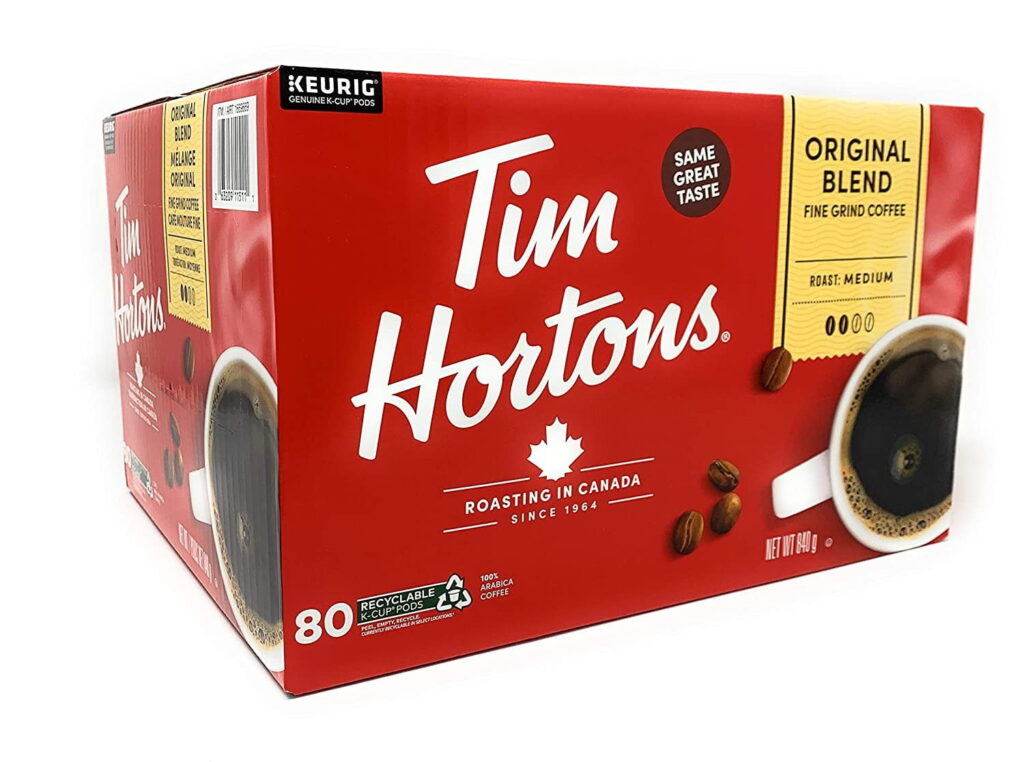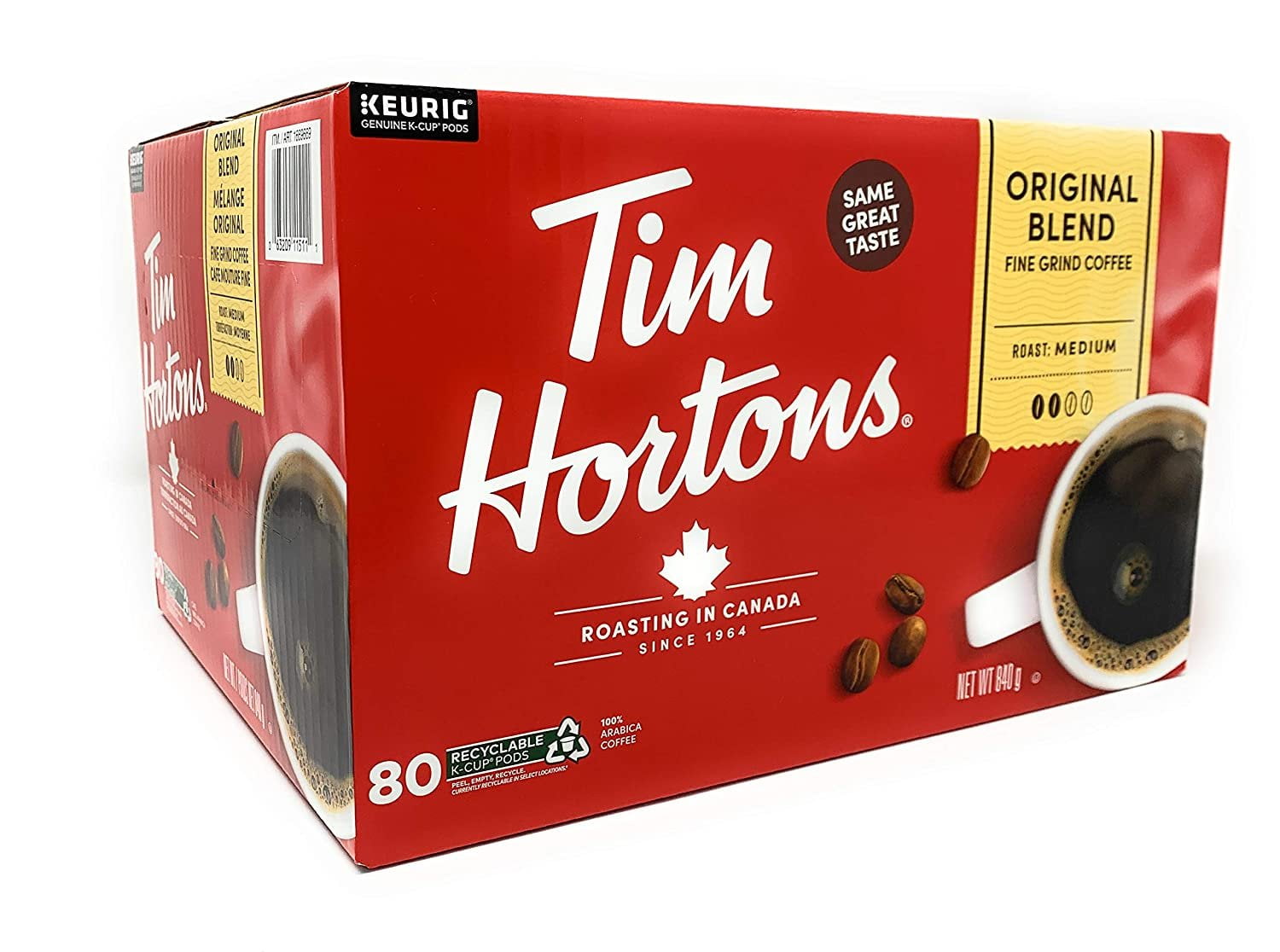
Is Tim Hortons Coffee Good? A Comprehensive Review and Taste Test
For Canadians, and increasingly for coffee lovers worldwide, the question of “is Tim Hortons coffee good?” is almost a matter of national identity. Tim Hortons, affectionately known as “Tims,” is more than just a coffee shop; it’s an institution. From the ubiquitous double-doubles to the iconic Timbits, the brand is woven into the fabric of everyday life. But amidst the loyalty and nostalgia, a fundamental question persists: Does the coffee itself live up to the hype? This article delves into the world of Tim Hortons coffee, offering a comprehensive review, analyzing its taste profile, and ultimately providing an informed answer to the question: is Tim Hortons coffee good?
The History and Significance of Tim Hortons
Before we can truly assess the quality of the coffee, it’s crucial to understand the cultural context. Tim Hortons was founded in 1964 by hockey player Tim Horton in Hamilton, Ontario. Initially, the focus was on donuts and coffee, a simple pairing that quickly resonated with Canadians. The brand expanded rapidly, becoming a cornerstone of the Canadian landscape. Today, Tim Hortons boasts thousands of locations across Canada and has a significant presence in the United States and other countries. Its success lies not only in its products but also in its role as a community hub, a place where people gather, connect, and start their day. This cultural significance inevitably influences the perception of the coffee itself. The familiarity, the convenience, and the emotional connection contribute to a certain bias, making a purely objective assessment challenging.
The Brewing Process and Coffee Beans
The quality of any coffee hinges on several factors, starting with the beans and the brewing process. Tim Hortons uses a blend of Arabica beans, sourced from various regions. While the specific origins and roasting profiles are proprietary information, the company emphasizes its commitment to quality. The brewing process is standardized across all locations, ensuring consistency. The coffee is typically brewed in batches, and the freshness is monitored throughout the day. This batch brewing system, while efficient, can sometimes lead to inconsistencies, especially during peak hours when demand is high. The use of pre-ground coffee, a common practice in high-volume establishments like Tim Hortons, also impacts the final product. Grinding the beans immediately before brewing is considered optimal for maximizing flavor and aroma. However, the trade-off for convenience and speed is often a slight reduction in the coffee’s potential complexity. Understanding the brewing method is crucial to fully answering the question of “is Tim Hortons coffee good?”
Taste Profile Analysis: What Does Tim Hortons Coffee Taste Like?
The taste of Tim Hortons coffee is often described as mild and balanced. It’s generally not a bold or intensely flavored coffee. Here’s a breakdown of the typical taste profile:
- Acidity: Usually low to moderate, resulting in a smooth finish.
- Body: Medium-bodied, providing a pleasant mouthfeel.
- Flavor: Subtle notes of chocolate and caramel are often present, with a hint of nuttiness.
- Aroma: A pleasant, slightly sweet aroma, though not typically overpowering.
- Bitterness: Generally low, making it approachable for a wide range of coffee drinkers.
The overall profile is designed to be accessible and comforting, catering to the Canadian preference for a milder coffee. This contrasts with the bolder, more acidic profiles often found in specialty coffee shops. The consistency of the taste profile is a key characteristic of Tim Hortons coffee, ensuring a familiar experience for its customers. The aim is to provide a reliable cup of coffee that complements the donuts and other food items on offer.
Comparing Tim Hortons Coffee to Other Brands
To truly evaluate whether “is Tim Hortons coffee good?”, it’s helpful to compare it to other popular coffee brands. Let’s consider some comparisons:
- Starbucks: Starbucks typically offers a wider range of coffee options, including darker roasts and more complex flavor profiles. Their coffee tends to be bolder and more acidic than Tim Hortons.
- McDonald’s McCafé: McDonald’s coffee, particularly their premium roast, is often considered a good value for money. It’s generally less bitter than Tim Hortons but may lack the depth of flavor.
- Dunkin’: Dunkin’ offers a similar experience to Tim Hortons, with a focus on convenience and a milder coffee profile. The taste differences are subtle, often coming down to personal preference.
- Independent Coffee Shops: Specialty coffee shops typically offer a higher level of quality, using freshly roasted beans and more sophisticated brewing methods. Their coffee often has a more nuanced and complex flavor profile, but comes at a higher price point.
This comparison highlights the positioning of Tim Hortons in the coffee market. It prioritizes consistency, affordability, and approachability, catering to a broad audience rather than focusing on the complexities of specialty coffee. The answer to “is Tim Hortons coffee good?” depends on individual preferences, but the coffee has its place in the market.
Factors Affecting Coffee Quality at Tim Hortons
Several factors can influence the quality of the coffee at any Tim Hortons location. These include:
- Bean Quality: While Tim Hortons uses Arabica beans, the specific quality and origin of the beans can vary.
- Brewing Equipment: The equipment used to brew the coffee, and its maintenance, plays a crucial role in the final product.
- Water Quality: The quality of the water used for brewing can significantly impact the taste.
- Barista Training: The skills and training of the baristas can affect the brewing process and the overall coffee quality.
- Batch Freshness: Ensuring that the coffee is brewed and served fresh is essential for maintaining quality.
These factors mean that the experience can vary from location to location. While Tim Hortons strives for consistency, slight variations in these factors can impact the taste of the coffee. The answer to “is Tim Hortons coffee good?” can therefore be different depending on the specific location and time of day.
The Role of Personal Preference
Ultimately, the answer to “is Tim Hortons coffee good?” is subjective. Coffee preferences are highly personal. What one person considers a perfect cup, another might find bland or unappealing. Factors like preferred roast, acidity, body, and flavor profile all play a role in individual enjoyment. Some people prefer the mild, balanced taste of Tim Hortons coffee, while others might crave a bolder, more intense flavor. The best way to determine if Tim Hortons coffee is good for you is to try it and decide for yourself. Consider your own taste preferences and what you look for in a cup of coffee.
Customer Reviews and Sentiment Analysis
Analyzing customer reviews provides valuable insights into the perception of Tim Hortons coffee. Reviews are often mixed, reflecting the diverse range of coffee preferences. Some common themes emerge from customer feedback:
- Positive Reviews: Often praise the consistency, convenience, and affordability of the coffee. Many customers appreciate the familiar taste and the association with Canadian culture.
- Negative Reviews: Frequently mention the coffee being weak, bland, or inconsistent in quality. Some customers express concerns about the freshness and the use of pre-ground coffee.
- Sentiment Analysis: Overall sentiment towards Tim Hortons coffee is often neutral, with a slight positive bias due to the brand’s strong cultural presence.
The customer reviews, therefore, further support the idea that the perception of “is Tim Hortons coffee good?” is largely subjective and depends on individual preferences and expectations.
Improving the Tim Hortons Coffee Experience
While Tim Hortons coffee is a staple for many, there are potential areas for improvement that could enhance the coffee experience:
- Bean Sourcing: Exploring the use of higher-quality beans and sourcing from diverse regions could add complexity and nuance to the flavor profile.
- Roasting Profiles: Experimenting with different roasting profiles could create a wider range of coffee options to cater to different tastes.
- Brewing Methods: Implementing more sophisticated brewing methods, such as pour-over or French press, could enhance the flavor and aroma of the coffee.
- Barista Training: Investing in more thorough barista training could improve the consistency of the brewing process and the overall quality of the coffee.
- Freshness Control: Implementing more rigorous freshness controls, such as brewing smaller batches more frequently, could ensure that the coffee is always served at its best.
These improvements could help Tim Hortons elevate its coffee and enhance the overall customer experience. Addressing the question of “is Tim Hortons coffee good?” could be answered more positively for a wider audience.
Conclusion: Is Tim Hortons Coffee Good? The Final Verdict
So, is Tim Hortons coffee good? The answer, as we’ve explored, is nuanced. It’s not a simple yes or no. Tim Hortons coffee is a reliable, consistent, and affordable option that holds significant cultural value for many. It’s designed to be approachable and comforting, making it a popular choice for a quick caffeine fix or a casual meeting. However, it may not satisfy the preferences of coffee connoisseurs seeking a more complex and intense flavor profile. The success of Tim Hortons coffee is also intertwined with the overall experience. The atmosphere, the convenience, and the association with Canadian identity all contribute to the positive perception. Ultimately, whether Tim Hortons coffee is “good” depends on individual preferences and expectations. If you’re looking for a consistently brewed, mild-tasting coffee at an affordable price, then the answer to “is Tim Hortons coffee good?” is likely yes. If you’re seeking a more complex and nuanced coffee experience, you might want to explore other options. Tim Hortons remains a significant player in the coffee market, and its enduring popularity speaks volumes about its ability to satisfy a broad range of coffee drinkers.
[See also: The Best Coffee Shops in Canada, Coffee Brewing Guide for Beginners, The History of Coffee]


